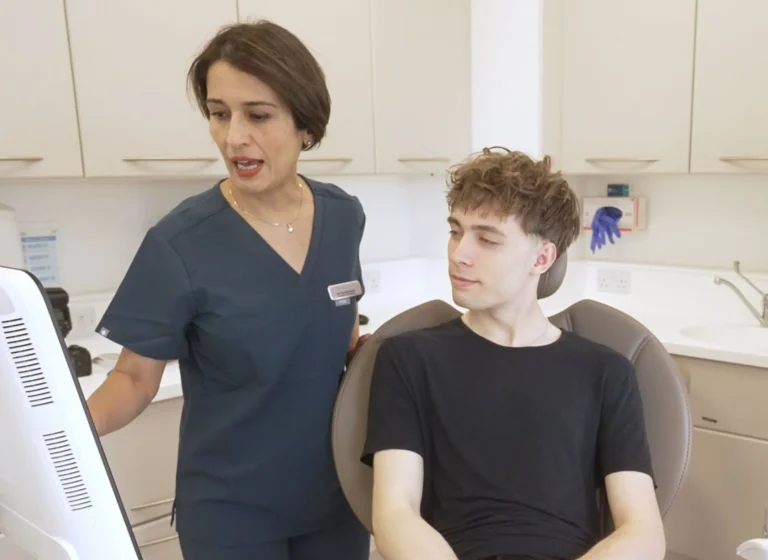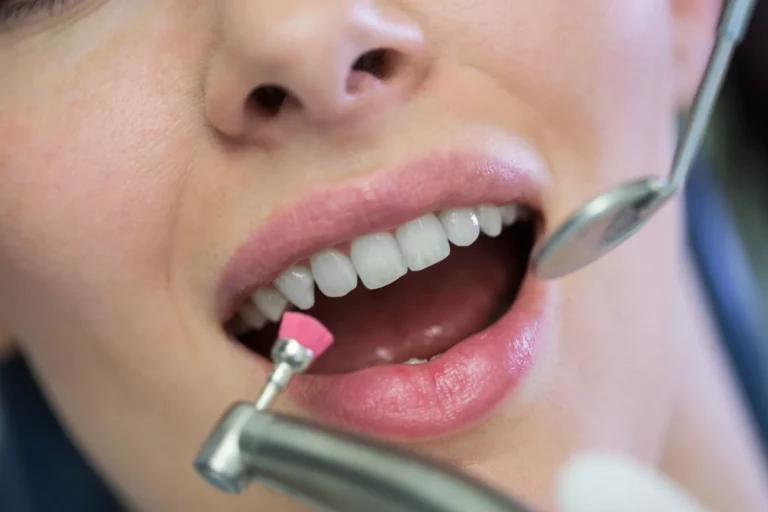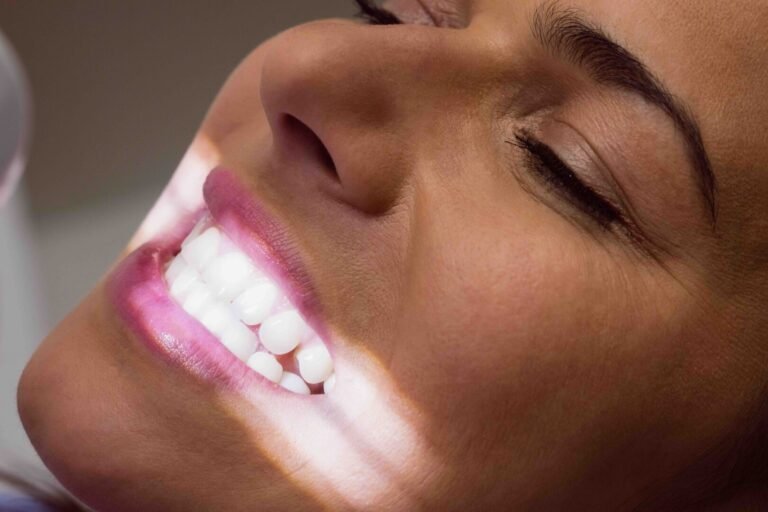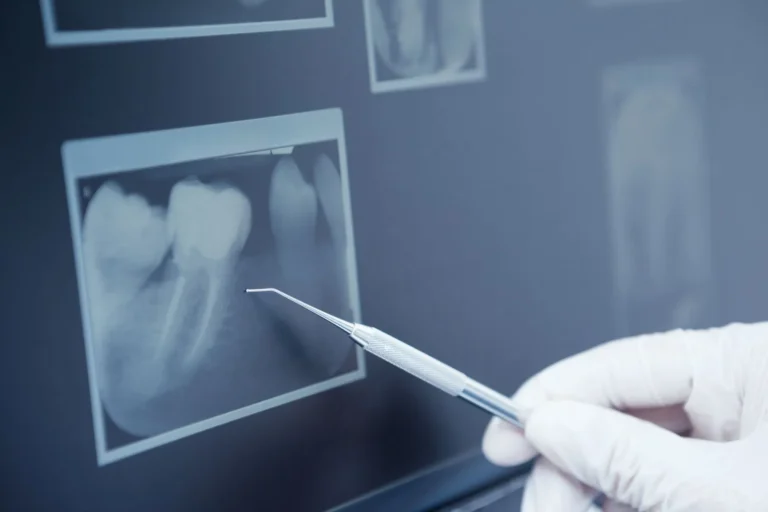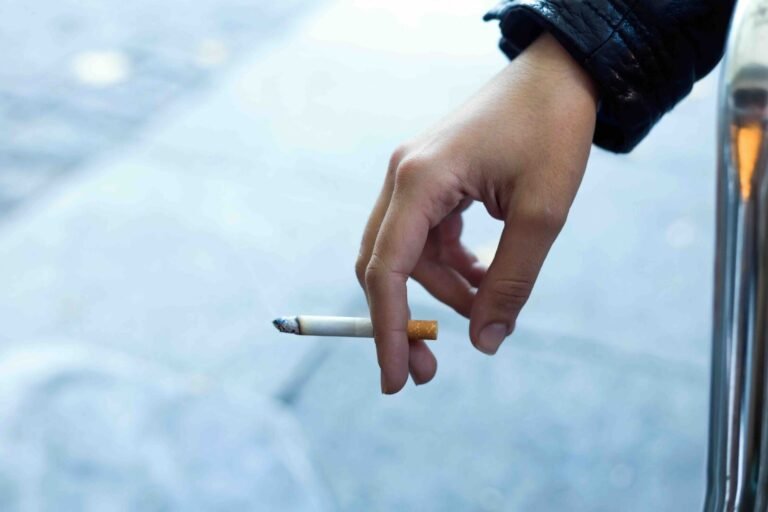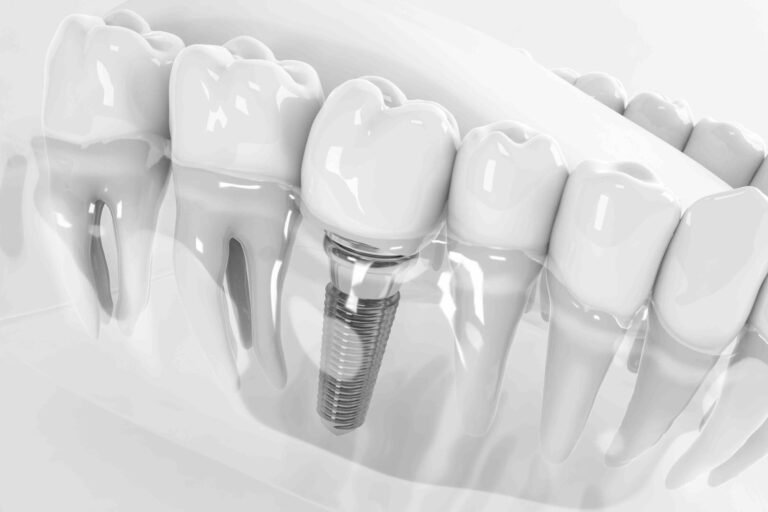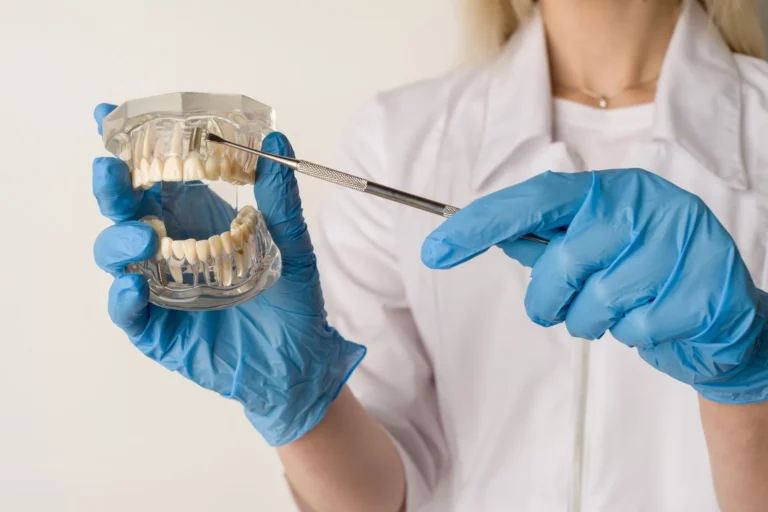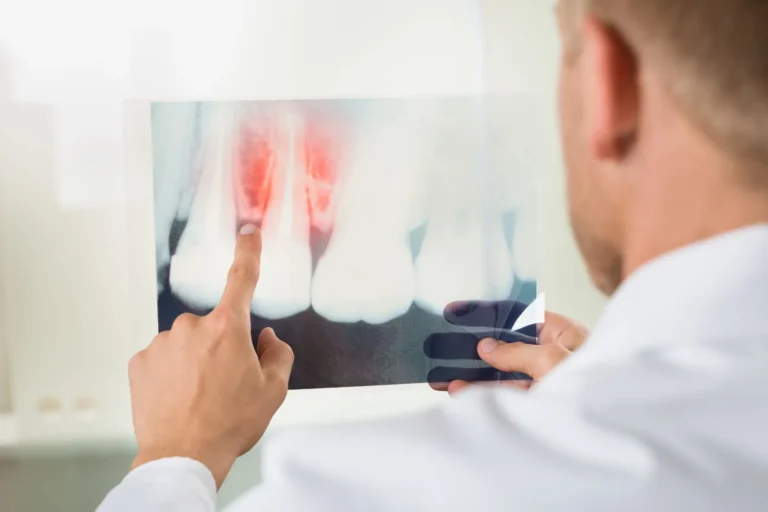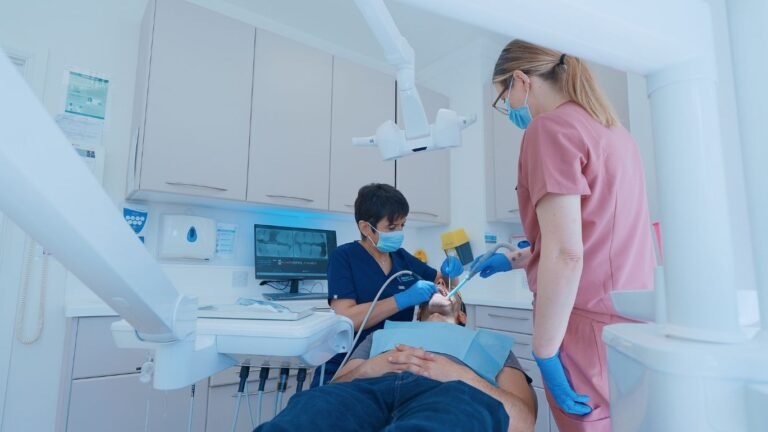Many patients wonder if smoking after root canal treatment is safe. At Premier Smile Dental Excellence in Leighton Buzzard, this is one of the most common concerns after endodontic therapy. While the urge to resume daily habits quickly is understandable, it’s important to know that smoking can significantly interfere with the healing process, potentially reducing the long-term success of the treatment.
A root canal, or endodontic treatment, aims to save a tooth that would otherwise need extraction. It eliminates infection and preserves the tooth’s structure. However, for the treatment to succeed, the surrounding tissues must heal properly. Smoking, unfortunately, introduces harmful substances into the body that can slow down or compromise this delicate recovery phase.
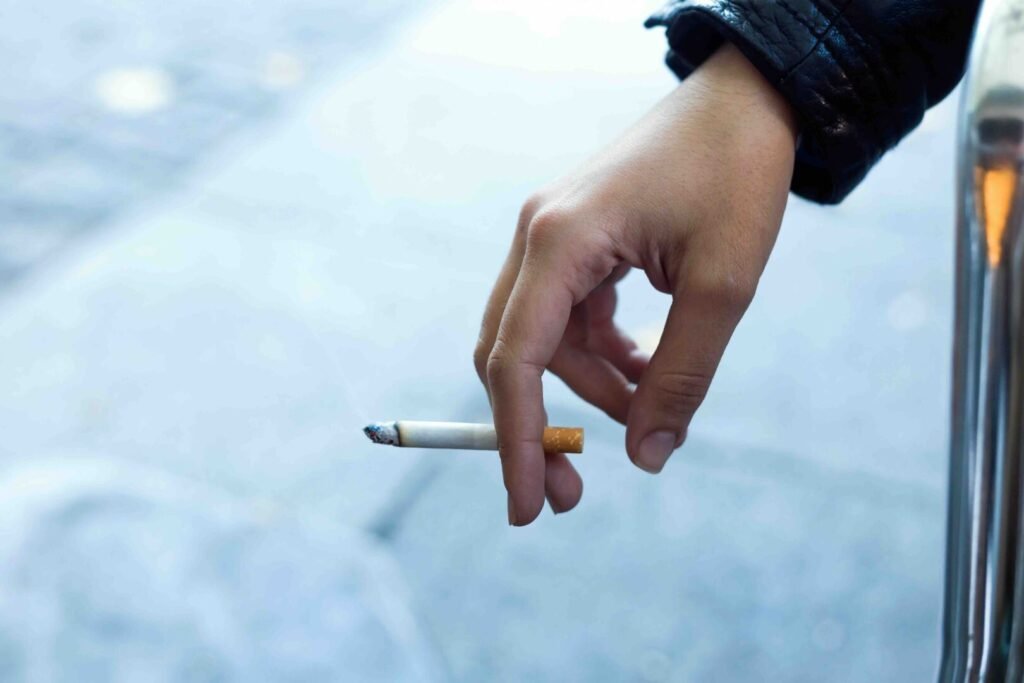
How Root Canal Treatment Works
To understand why smoking can be harmful after a root canal, it helps to know how the procedure works. A root canal involves removing infected pulp tissue from inside the tooth, disinfecting the canals, and sealing them to prevent reinfection. This process eliminates pain and infection while preserving the tooth in place.
After the treatment, the tooth and surrounding bone must stabilize and recover. The body’s natural healing mechanisms play a major role, and this is where smoking interferes. Nicotine and carbon monoxide, present in cigarettes and e-cigarettes, constrict blood vessels and reduce oxygen flow. As a result, fewer nutrients reach the tissues, which can slow down or impair healing after the procedure.
Why Smoking After a Root Canal Is a Problem
When you smoke after a root canal, several negative effects can occur. The most significant ones include:
– Delayed healing: Smoking reduces the body’s ability to repair damaged tissues by limiting oxygen and blood flow.
– Increased inflammation: Chemicals in tobacco irritate gum tissues, potentially leading to soreness, swelling, or bleeding.
– Higher infection risk: Smoking compromises the immune system, making it easier for bacteria to invade the treated area.
– Weakened bone structure: Long-term smoking can decrease bone density, which is crucial for supporting teeth and preventing future mobility.
Even a single cigarette soon after treatment can cause microvascular constriction in the surrounding tissues. In other words, it restricts the very blood flow your tooth and gums need most at that moment.
How Long Should You Wait Before Smoking Again?
Dentists generally recommend avoiding smoking for at least 48 to 72 hours after root canal treatment, though longer is always better. During this period, tissues begin their initial healing phase, and any disruption can increase the likelihood of pain, swelling, or secondary infection.
In an ideal scenario, patients would refrain from smoking entirely during the first week following treatment. This allows the body to focus on regeneration without exposure to harmful toxins. For those who find it difficult to stop completely, using nicotine replacement products such as patches or gum (only under medical advice) may be a safer alternative.
It’s worth remembering that even e-cigarettes and vaping devices are not risk-free. Though they lack tar, they still contain nicotine and other chemicals that can negatively affect oral healing.
Signs That Smoking May Have Affected Healing
After a root canal, it’s normal to experience mild discomfort or sensitivity for a few days. However, certain symptoms can indicate that smoking has interfered with recovery:
– Persistent pain or throbbing beyond 3–5 days;
– Redness or swelling of the gums around the treated tooth;
– A bad taste or odour from the tooth, suggesting reinfection;
– Darkening or delayed restoration of the treated area.
If these symptoms appear, it’s essential to contact your dentist promptly. The team at Premier Smile Dental Excellence will perform a clinical assessment and imaging if necessary to rule out complications such as residual infection or inflammation. Early intervention can prevent the need for retreatment and safeguard the tooth’s long-term stability.
What Happens If You Continue to Smoke
Patients who continue smoking immediately after root canal treatment may not feel the consequences right away, but the damage occurs silently over time. Smoking compromises the blood vessels in the gums and bone, weakening the foundation that supports the tooth. This not only increases the risk of re-infection but also accelerates periodontal disease.
Over months or years, chronic smokers may notice:
– More frequent dental infections;
– Gum recession;
– Tooth discoloration or darkening after treatment;
– Lower success rates for crowns or restorative work.
The ultimate goal of a root canal is to preserve a natural tooth for many years. Smoking undermines that goal by creating an environment in which the body’s defenses cannot fully function.
Practical Tips for Smokers After a Root Canal
While quitting smoking entirely is the best option for your overall health, certain strategies can help reduce risk if you are unable to stop immediately:
- Wait as long as possible before lighting a cigarette after treatment. The longer the tissues rest, the better.
- Rinse gently with warm saltwater (after the first 24 hours) to keep the area clean and promote healing.
- Stay hydrated, as dry mouth worsens the effects of smoking and increases bacterial growth.
- Use a straw cautiously—avoid suction that could disturb the temporary filling.
- Maintain impeccable oral hygiene, brushing gently twice a day and using antiseptic mouthwash if advised by your dentist.
Each of these steps helps minimize harm while giving the body a chance to repair. At Premier Smile Dental Excellence, post-treatment instructions are tailored to individual habits and health conditions to ensure the best outcomes.
Smoking After Root Canal Treatment: Final Thoughts
Understanding the risks associated with smoking after root canal treatment is crucial for protecting your dental health. Even occasional smoking can delay healing and compromise the long-term success of endodontic therapy.
At Premier Smile Dental Excellence, the clinical team educates every patient on how lifestyle choices impact oral health, especially following procedures such as root canal therapy. By combining precise clinical care with clear guidance, the practice helps patients maintain their restored teeth for many years to come.
Choosing to delay or stop smoking—even temporarily—can make a measurable difference in how well your tooth recovers and how long it lasts. Preserving a healthy, pain-free smile depends not only on skilled treatment but also on how you care for yourself in the days that follow.
📞 +441525372089
📲 +4407377189010
✉️ enquiries@premiersmile.co.uk
📍 34, Hockliffe Street, Leighton Buzzard, Bedfordshire, LU7 1HJ (UK)

